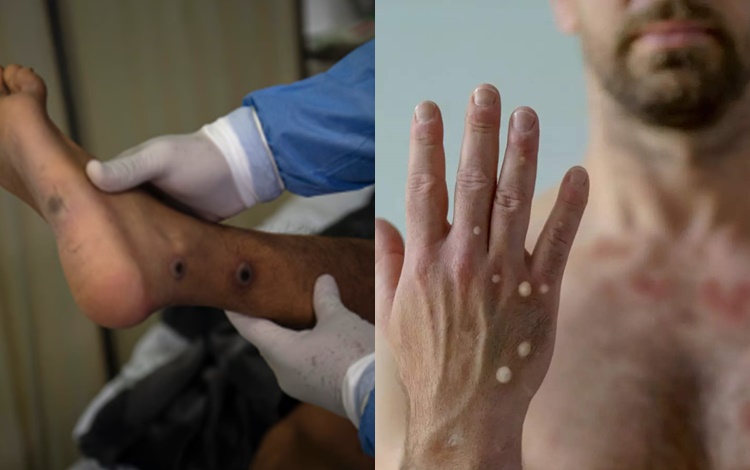The Philippines has reported its first mpox case of the year, involving a 33-year-old Filipino man who recently visited two establishments in Quezon City. Local authorities have launched extensive contact tracing efforts, as announced by Quezon City Mayor Joy Belmonte on Wednesday.

The patient, whose identity remains confidential, visited a dermatology clinic and a massage spa along E. Rodriguez Avenue before being diagnosed. Mayor Belmonte disclosed that the massage spa has since been closed down after authorities discovered its operating permits had expired. This move is part of the city’s stringent measures to prevent further transmission of the virus.
As a precaution, the local government has identified and quarantined 41 individuals who were in close contact with the mpox patient. These containment efforts are crucial as the country aims to prevent a potential outbreak of the virus, which has been declared a public health emergency of international concern by the World Health Organization (WHO) last week.
The Department of Health (DOH) confirmed that the infected man had not traveled abroad, indicating that the virus was likely transmitted locally. His case was officially reported by a government hospital on Sunday, raising concerns about the possible spread of mpox within the community.
Health officials are currently awaiting sequencing results to determine whether the virus strain is Clade 1b, a particularly dangerous and highly transmissible variant. Clade 1b has been responsible for hundreds of deaths in the Democratic Republic of Congo and has also been detected in Sweden and Pakistan in recent days. The identification of this strain in the Philippines would necessitate heightened vigilance and potentially stricter public health measures.
The patient’s symptoms include a distinct rash that appeared on various parts of his body, including the face, back, nape, trunk, and groin, as well as the palms and soles of his feet. According to the DOH, these symptoms align with typical mpox presentations, making early diagnosis and isolation critical in preventing further spread.
Mpox, formerly known as monkeypox, can spread through close contact with an infected person, as well as through contact with contaminated objects, fabrics, and surfaces. The US Centers for Disease Control and Prevention (CDC) has emphasized the importance of proper disinfection protocols to curb the transmission of the virus.
As the situation develops, local and national health authorities continue to monitor the case closely, urging the public to remain vigilant and to report any suspicious symptoms to healthcare providers immediately.
